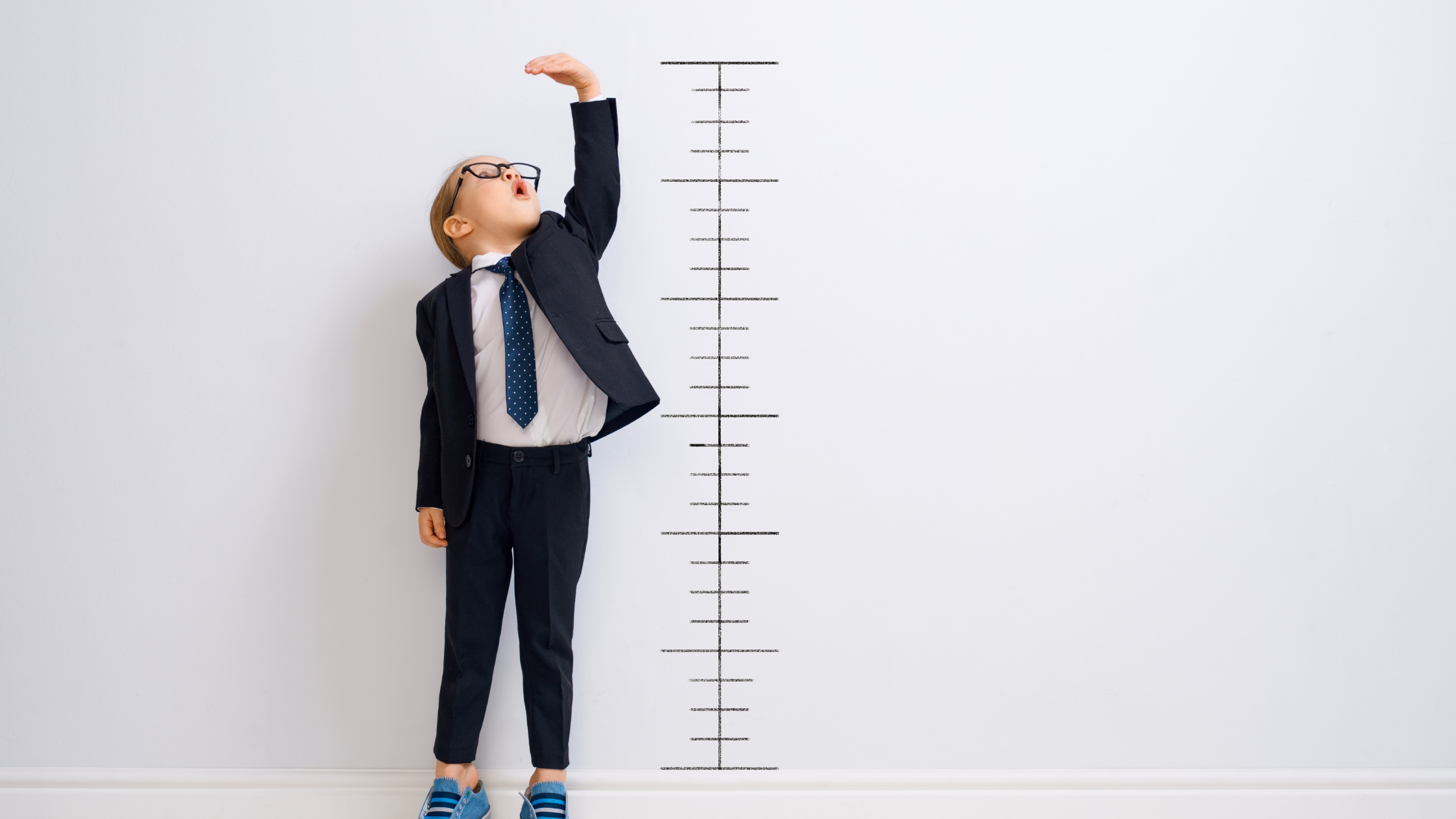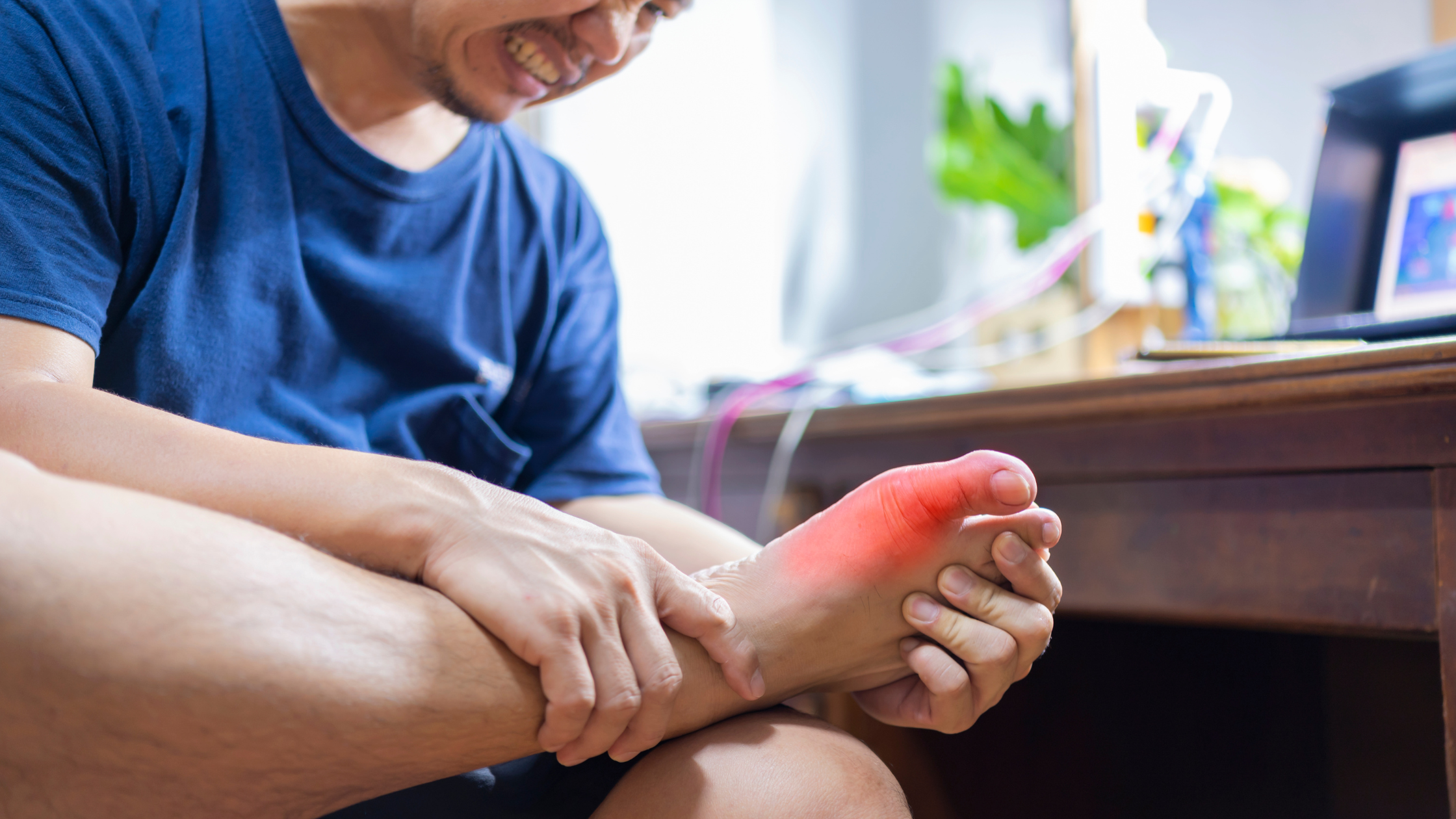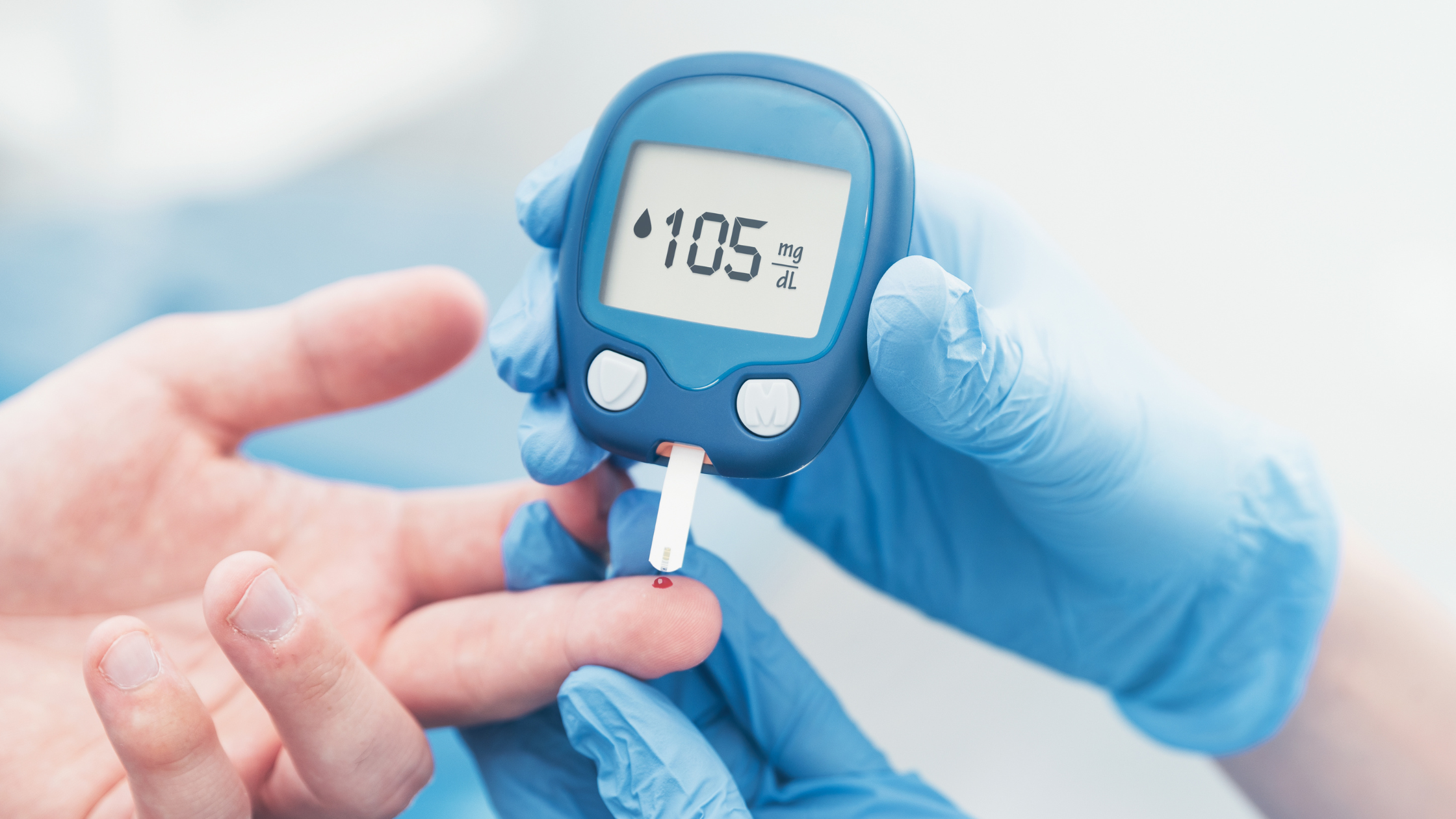Sleep is an essential component of overall well-being, and getting a good night's rest is crucial for our physical and mental health. While there are various factors that can affect sleep quality, such as stress and sleep environment, our diet also plays a significant role. In this blog post, we will explore the connection between snacks and sleep and provide you with some delicious and healthy snack ideas to promote a restful night's sleep.
Darian Dozier
Recent Posts
We've all heard about growth spurts in children—the seemingly sudden increase in height and weight that can leave parents scrambling to buy new clothes and shoes. But did you know that these growth spurts can also significantly impact a child's sleep patterns? Understanding the relationship between growth and sleep can provide valuable insights for parents and caregivers. In this blog post, we'll explore the fascinating connection between growth spurts and sleep and offer some tips on how to navigate this challenging period.
The Relationship Between Diet and Sleep Quality: Unveiling the Food-Sleep Connection
Sleep is a fundamental aspect of our well-being, influencing our physical and mental health in numerous ways. However, in today's fast-paced world, sleep disturbances have become increasingly prevalent. While several factors contribute to poor sleep quality, one often overlooked aspect is diet. Recent research has shed light on the intricate relationship between what we eat and how we sleep. In this blog post, we will explore the fascinating connection between diet and sleep quality, emphasizing the impact of certain foods and dietary habits on our ability to achieve a restful night's sleep.
Gout and Sleep: The Crucial Connection You Need to Know
Sleep is a fundamental aspect of our well-being, essential for our physical and mental health. It allows our bodies to rest, recover, and rejuvenate, ensuring we wake up refreshed and ready to face the day. However, certain health conditions can disrupt our sleep patterns, and one such condition is gout. In this blog post, we will explore the connection between gout and sleep, understanding the impact of gout on sleep quality, and discussing practical tips for managing both conditions effectively.
A Healthcare Worker's Guide to Achieving Restful Sleep
As a healthcare worker, getting a good night's sleep can be a challenge due to irregular schedules, long working hours, and high levels of stress. However, quality sleep is crucial for maintaining good physical and mental health, as well as ensuring optimal performance in your demanding profession. In this blog post, we will explore effective strategies and habits that can help healthcare workers prioritize and improve their sleep.
Helping Children on Adderall Sleep: Strategies for Restful Nights
Managing attention deficit hyperactivity disorder (ADHD) in children often involves medications like Adderall, which can be effective in controlling symptoms. However, one common side effect parents and caregivers may encounter is difficulty with sleep. Navigating the balance between symptom management and ensuring restful sleep can be challenging. Let's explore some strategies to help children on Adderall achieve a peaceful night's rest.
Unlocking Weight Loss Potential Through Better Sleep
In the quest for weight loss, many individuals focus primarily on diet and exercise, often overlooking a critical factor that significantly impacts their progress: sleep. While healthy eating and regular physical activity are essential components of a successful weight loss journey, the role of quality sleep should not be underestimated. In this blog post, we will explore the fascinating connection between weight loss and sleep and uncover strategies to optimize both for improved overall well-being.
The Vital Connection Between Sleep and Diabetes: Unraveling the Link
Sleep is a fundamental aspect of our well-being, playing a crucial role in maintaining our physical and mental health. It is during sleep that our bodies undergo essential processes such as repair, restoration, and consolidation of memories. However, the significance of sleep extends far beyond these benefits, as emerging research has uncovered a deep connection between sleep and diabetes. In this blog post, we will explore the intricate relationship between sleep and diabetes, highlighting the impact of sleep deprivation on the development and management of diabetes.
Sleep is often described as the cornerstone of good health and well-being. It is during sleep that our bodies repair and restore themselves, allowing us to wake up feeling refreshed and energized. However, the importance of sleep extends far beyond mere rest. Scientific research has revealed a fascinating connection between sleep and inflammation—an intricate relationship that significantly impacts our overall health. In this blog post, we will explore the fascinating link between sleep and inflammation and discuss how prioritizing quality sleep can contribute to a healthier, inflammation-free life.
When to See a Pediatrician for Sleep Challenges in Children
A child's sleep patterns can be a source of concern and frustration for many parents. From bedtime battles to frequent nighttime awakenings, sleep challenges can impact a child's mood, behavior, and overall well-being. While some sleep disturbances are common and temporary, others might require professional intervention. Here's a guide on when to consult a pediatrician about your child's sleep issues.










